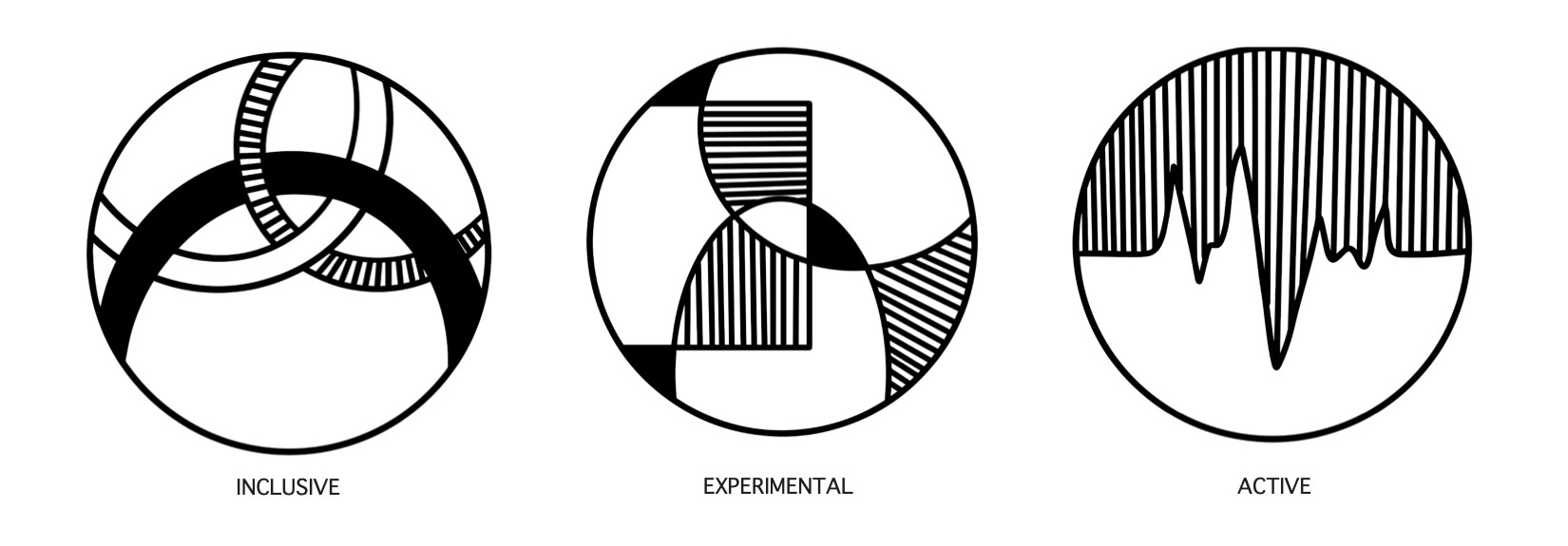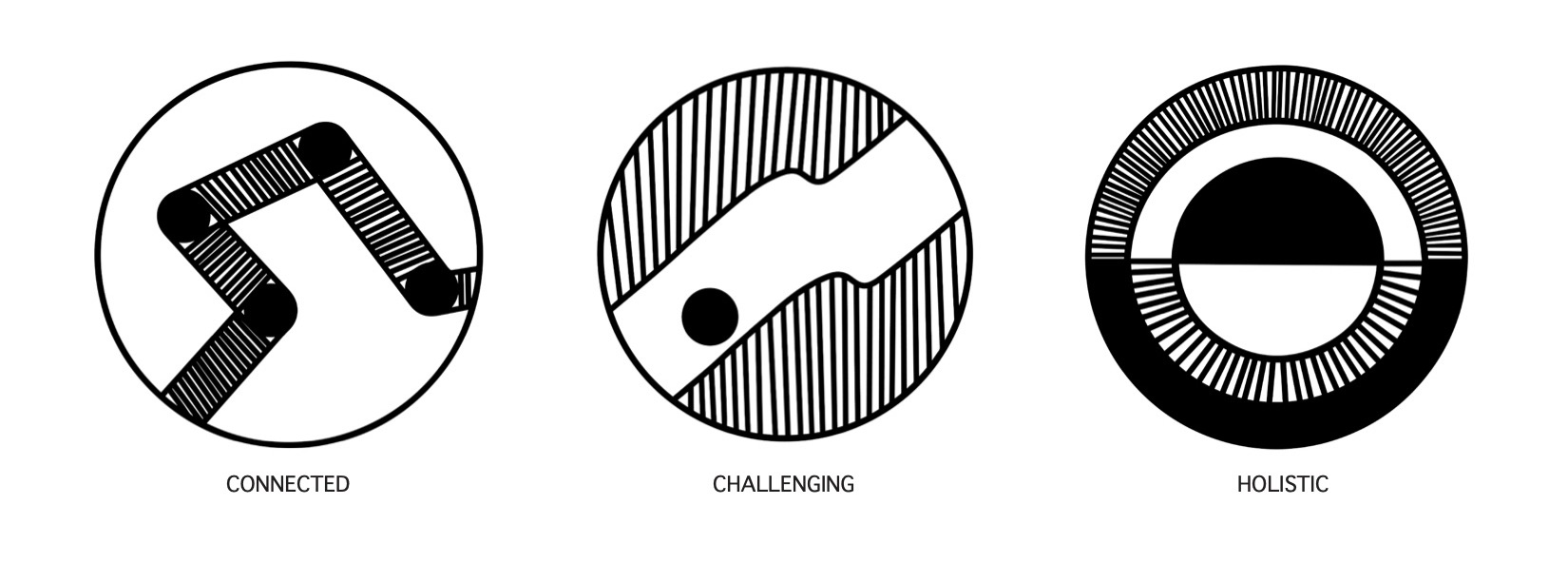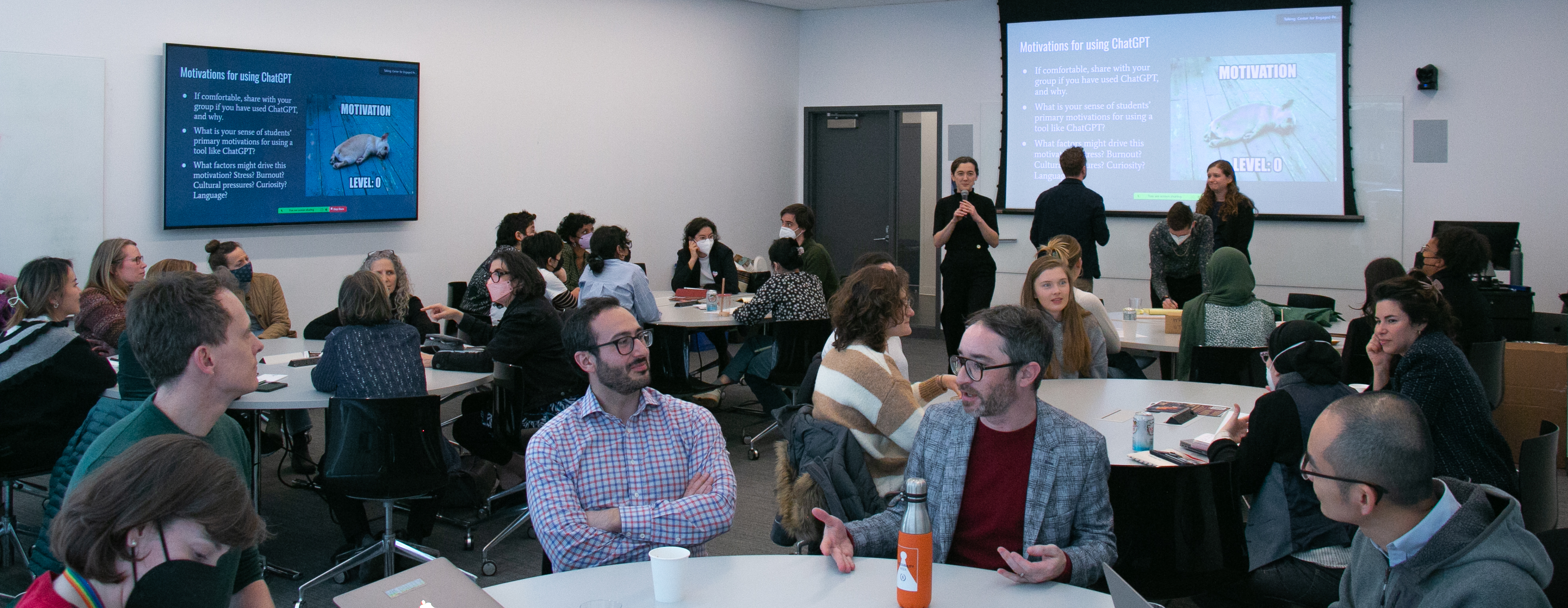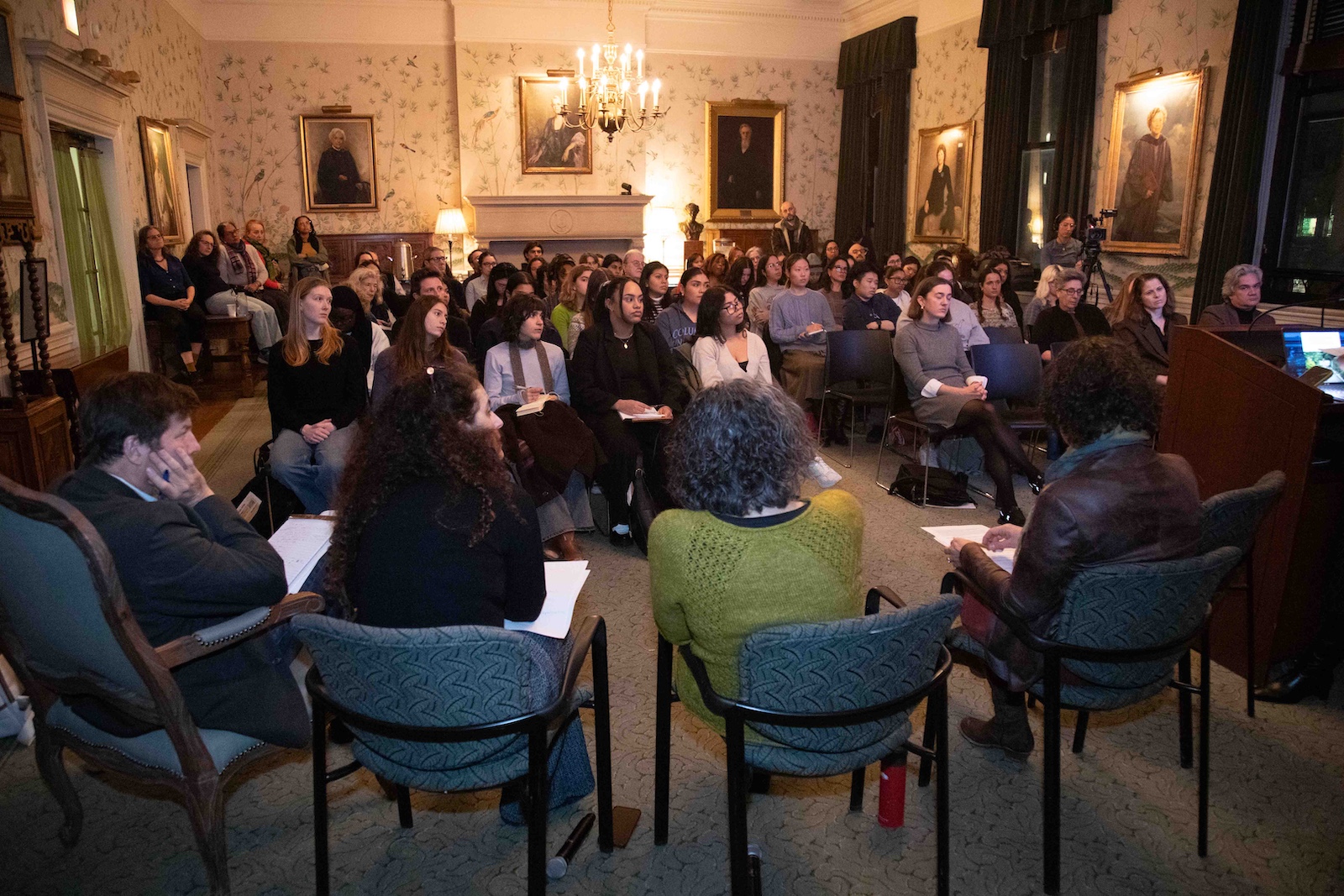What We Do
What We Do
Mission
The Center for Engaged Pedagogy (CEP) strengthens Barnard’s deep academic engagement and support for student, faculty, and community wellbeing. To support this mission, we offer programming on teaching and learning topics; develop and share pedagogical scholarship; build and sustain relationships within and beyond Barnard; and provide tools and resources to the campus community. Our goal is to prepare Barnard specifically—and higher education more broadly—to critically engage with and contribute to our ever-changing world.
The CEP serves as a hub for student learning and support at all levels of Barnard curriculum by providing student tutorials on learning strategies, student learning communities exploring the use of new technologies and relevant pedagogical topics, and holistic programming aimed at supporting the whole student. For faculty, the CEP facilitates institutes, communities of practice, workshops, and public lectures on topics ranging from anti-oppressive teaching practices, course design, the use of digital tools in face-to-face and online classroom instruction, active learning strategies, and assessment. The CEP also offers 1-on-1 consultations, teaching observations, and assessment services for classroom instruction.
What is Engaged Pedagogy?
Engaged pedagogy transforms education into a collaborative, holistic practice of knowledge cultivation that redefines what teaching and learning can mean. At the CEP, we explore the possibilities of education as an active process through which students and faculty can experience mutual growth and empowerment and establish meaningful relationships between class material and their daily lives.
Our Principles
The following principles define our understanding of engaged pedagogy and guide our work with students and faculty to inform curriculum design, classroom climate, teaching strategies, learning support, and assessment. Because engaged pedagogy is dynamic and interactive with our ever-changing world, the CEP maintains these principles with the expectation that they will need to evolve and grow as we learn along the way.

Inclusive
Learning requires an inclusive community across lines of difference, with low barriers to engagement. Centering diversity, inclusion, and equity holds participants accountable to one another while simultaneously countering intersecting and interlocking systems of oppression. Dialogue, social connectedness, and support jointly reinforce exploration, expression, and accountability.
Experimental
As a generative process, learning demands improvisation, risk-taking, and play to reveal new ideas and innovative practices in the face of challenge. Experimentation bolsters problem solving skills, resilience, and imagination, in turn enabling communities of courageous learners to venture into the unknown.
Active
Learning happens through doing and processing the doing. Students and faculty take responsibility as active participants, listeners and thinkers. Praxis, the process through which theory is actualized, manifests in inquiry-based, experiential, and reflective practices of learning.

Connected
Learning happens between multiple digital and material contexts that intersect. In this process, learners generate knowledge, build skill sets, forge relationships, and make meaningful contributions to their communities and environment. The CEP connects networks of academic disciplines, centers, communities, and people at Barnard, in New York City, and in the world at large.
Challenging
Learning occurs through stimulating encounters with course ideas, people, materials, and practices. Such encounters destabilize and disorient learners in generative ways, propelling them to demonstrate resilience and problem-solving skills. Learning is not simply about testing ideas in the classroom; learning is grounded in the real world. It requires learners to organically navigate ambiguities and complexities that cannot be neatly resolved or ignored.
Holistic
Learning supports the development of the whole person and the whole community. In the face of a world that increasingly prioritizes fractured knowing, thinking, being, and doing, the CEP supports grounded, mindful, sustainable, and reflective learning that encourages participants to make purposeful contributions in the classroom, the community, and beyond.
Our Approach
The CEP approaches teaching and learning as joint processes that inform the Barnard community as a whole. We are committed to anti-oppressive and imaginative pedagogical practices that acknowledge diverse ways of knowing, forms of expertise, and academic pathways. To advance these commitments the CEP draws from our own community’s expertise to generate critical and creative approaches to teaching and learning.
Our Initiatives
This academic year, we have launched several new initiatives, organized events on pedagogy, and collaborated with a variety of programs and centers at Barnard. The CEP is active in curriculum development on campus and we have partnered with centers like the Digital Humanities Center and ATLIS to run faculty workshops as well as student-oriented programming.
The seventh annual Bold Conference was a full-day event that focused on facilitating conversations between faculty, staff, and students, with the intention of continuing to strengthen teaching and learning at Barnard College. The Spring 2025 conference featured sessions developed by members of the CEP Student Advisory Committee. We reflected on and celebrated our work in the LEAF program, centered disabled voices in interrogations of rigor, examined the pedagogical implications of "listening," brainstormed how our roles contribute to conditions of academic freedom, told and heard stories of past student struggle and hardship in the face of war and crisis, and listened to candid conversation between students and faculty about how to show up in the classroom today.
Since Spring 2023, the CEP has been collaborating with ATLIS and other offices to offer a variety of workshops and events aimed at building AI literacy and supporting instructors and students with how to use and refuse generative AI within their teaching and learning practices–from our “Who’s of Afraid of ChatGPT?” workshop at Bold 2023 to our ongoing AI Studios, where community members can stop by and ask technical questions. Since Fall 2024, we have offered a workshop titled, “Communicating with Your Students about AI,” which provides a brief overview and reflection on AI literacy and then provides faculty with two paths to choose from–either crafting a syllabus or assignment statement about genAI policy or identifying ways to integrate genAI within an assignment. ATLIS, CEP, and CSC have also run a year-long Generative AI Learning Community since Fall 2023, and which faculty, students, and staff can RSVP for here.

Throughout the 2024-25 academic year, the CEP hosted a lecture series titled “Beyond Content: Restructuring Core Courses for Inclusion” featuring three scholars who are invested in developing inclusive approaches to teaching in three different fields. The three speakers presented their work on inclusive pedagogy in their field for 45 minutes, followed by a 30-minute Q&A. Through a continuation of this lecture series, we intend to broaden what engaged pedagogy can look like for Barnard faculty across disciplines.
Speakers: Shannon Mattern (UPenn History of Art), Gabeba Baderoon (Penn State Women's, Gender, and Sexuality Studies; African Studies; and Comparative Literature), and Brendan Kelly (Harvard Mathematics)
In 2024, around half of the world’s population across more than 75 countries participated in a national election–a record high. Hosted by the Office of the Provost and the Center for Engaged Pedagogy, this event series leveraged the research and expertise of Barnard’s faculty to examine the critical issues shaping elections and dividing societies globally, including reproductive rights, immigration, and climate change. Students, faculty, and staff were invited to engage with these contested issues by participating in interdisciplinary discussions on the issues driving political trends in the year of elections around the world.

In October 2023, the CEP began hosting faculty lunches that were dedicated to exploring different pedagogical questions, challenges, or topics. Serving as a convivial space for faculty to talk about their teaching and to share strategies and pedagogical resources, these lunches function as an opportunity for community-building rather than a formal workshop or lecture space. While the CEP provides the food, the sessions themselves are facilitated by faculty members who have expertise and interest in the topic at hand. Past lunches have explored a range of topics, from strategies for teaching qualitative methods (led by Debbie Becher and Lesley Sharp) to ways of talking about presidential elections in the classroom (led by Katherine Krimmel and Michael Miller), practices of mentoring (led by Alison Pischedda and Alexander Cooley), and challenges in teaching social and cultural theory (led by Andrew Ragni and Francey Russell), among others. Faculty who are interested in hosting a lunch can email Alex Pittman to discuss their idea. Keep an eye on the CEP’s public calendar and monthly newsletter to learn about upcoming lunches.